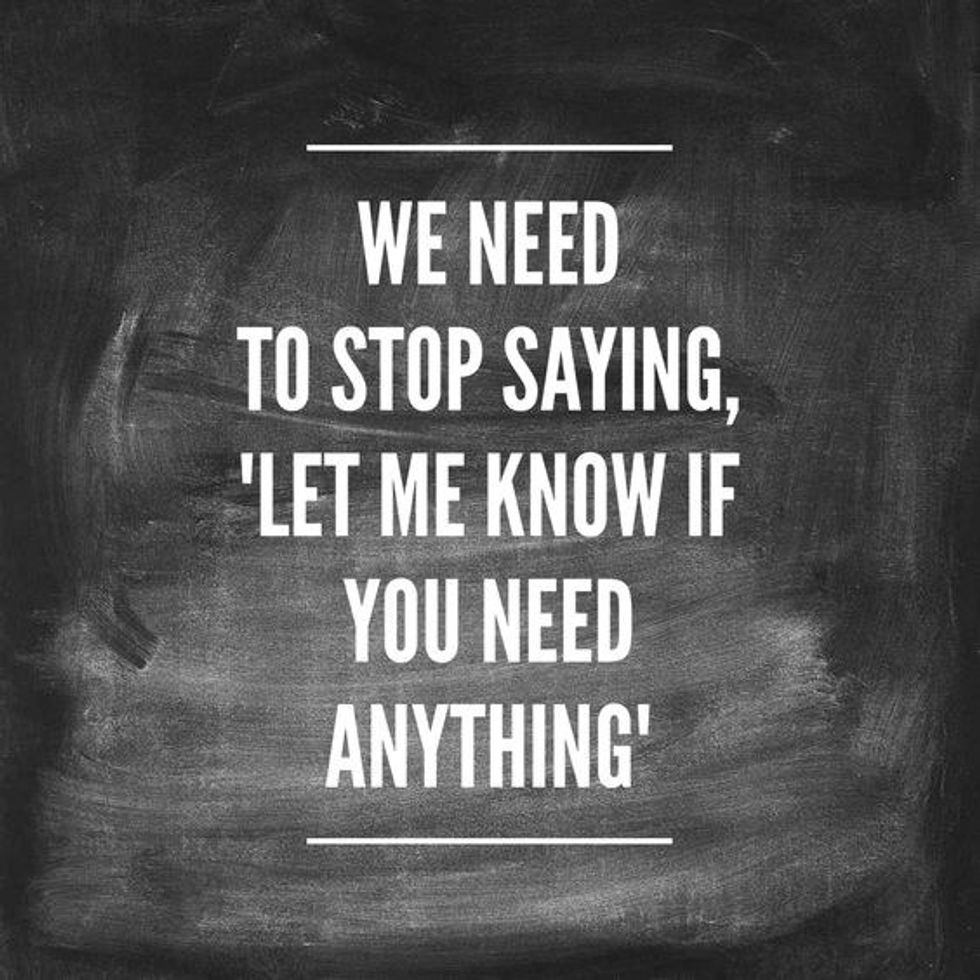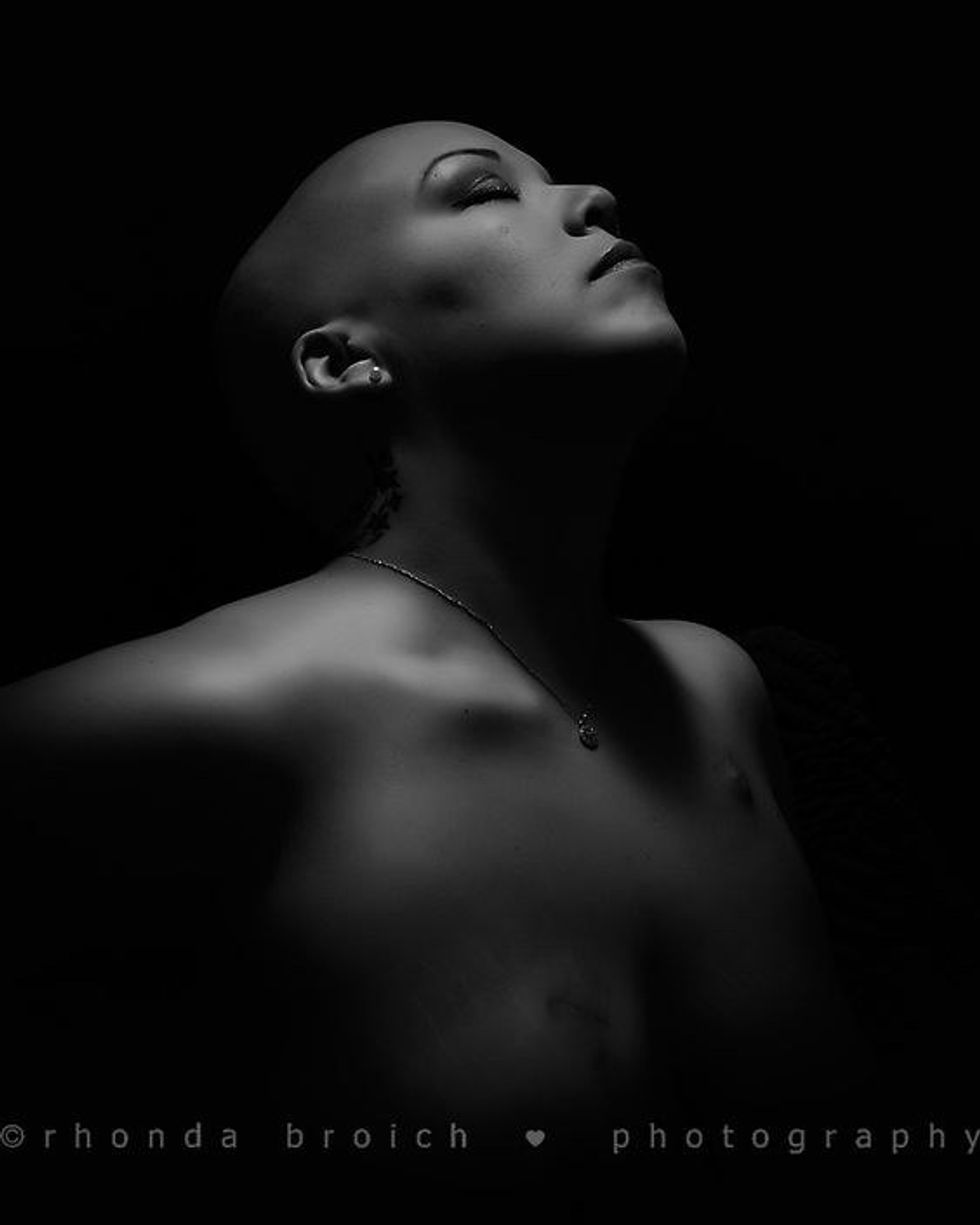In acknowledging Cervical Cancer Awareness Month, I wanted to discuss an instance where I learned a lesson from a cancer survivor. Below, I reflect on a personal conversation with my mom about cancer and feelings.
A few months back, I asked my mom how she felt emotionally when she discovered she had cancer. Upon me asking, she looked almost taken aback, probably wondering why I was asking such a peculiar question, however, she hesitantly answered. With grave detail she explained to me that a “feeling” is not what she had but “feelings” were. She voiced her feelings toward the situation, like finding out the way she did. She voiced her feelings toward her fears, like what would happen to her children if she were to no longer be there. At that point, I found that this question allowed for her to release some locked-in emotions she had been holding in for about 10 years. Old and new tears were shed, from her and me. I cried because now I know what she went through, being that during that time I was too young to understand what was going on. I only knew that mom went to the hospital one day and returned home in pain and getting sick at all hours of the day and night.
This also made me wonder about whether or not there were other people like my mother, who were never asked about their emotions or mental health as it pertained to their diagnosis, or just their physical health by their family, doctors, or friends. When does, “How are you feeling?” mean mentally and emotionally as well as physically in reference to pain or sickness?
In 2016, according to the National Cancer Institute (NCI), an estimated 1,685,210 new cases of cancer will be diagnosed in the U.S and of that number, 595,690 people will die from the disease.
Will they be asked how they are feeling in reference to a pain scale of one to 10? More specifically, how many of them really die because of the disease and not because of an empty feeling within themselves because internally they keep their emotions locked up because no one ever gave them a chance to open that door? The mindset of the patient is important.
I ask this because my mom made a point: “We **the patient** can survive if we have support, if mentally and emotionally we FEEL that we can deal and that we have nothing, aside from our sickness, to worry about.” She told me how she encountered people in her life as a dialysis nurse, who were never asked about their day, but were always asked about their cancer, like their cancer overshadowed them.
She said there are many facets of cancers, however beyond the cancer is the patient. Who doesn’t want to be reminded every day of the ticking bomb in their life that unknowingly could activate or deactivate any day.
Yes, cancer is a malicious thing and of course many lives are affected by it. However, my mom and many cancer survivors that I have had the privilege of meeting, have made it a point to say that, “we are NOT our cancer.” They are human beings who, unlike popular belief, want to be asked about their feelings and their fears and not about their pain.
Today, I speak for a lot of people and ask HUGE questions, “Emotionally how do you feel? What are your fears? and How can I help?”
If you are a cancer patient or survivor in need of an ear call The American Cancer Society Patient Navigator Program at 1-800-227-2345.
Romans 8:38-39 For I am sure that neither death nor life, nor angels nor rulers, nor things present nor things to come, nor powers, nor height nor depth, nor anything else in all creation, will be able to separate us from the love of God in Christ Jesus our Lord.
The Video Below is Taylor's Cancer Story (Optional Watch):























